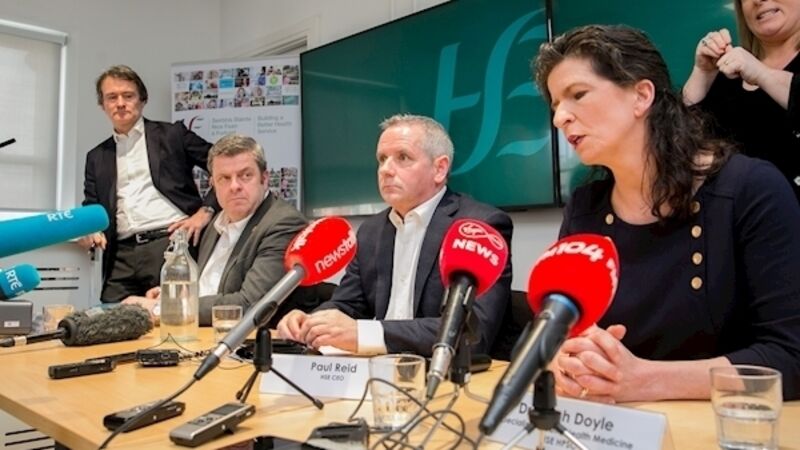Ireland remains in Covid-19 containment phase – health chief


The head of Ireland’s health service has said Ireland remains in a containment phase in relation to Covid-19.
Try from €1.50 / week
SUBSCRIBE
The head of Ireland’s health service has said Ireland remains in a containment phase in relation to Covid-19.
Already a subscriber? Sign in
You have reached your article limit.
Annual €130 €80
Best value
Monthly €12€6 / month
Introductory offers for new customers. Annual billed once for first year. Renews at €130. Monthly initial discount (first 3 months) billed monthly, then €12 a month. Ts&Cs apply.
CONNECT WITH US TODAY
Be the first to know the latest news and updates
Newsletter
Keep up with stories of the day with our lunchtime news wrap and important breaking news alerts.
Monday, February 9, 2026 - 5:00 PM
Tuesday, February 10, 2026 - 7:00 AM
Monday, February 9, 2026 - 9:00 PM
© Examiner Echo Group Limited